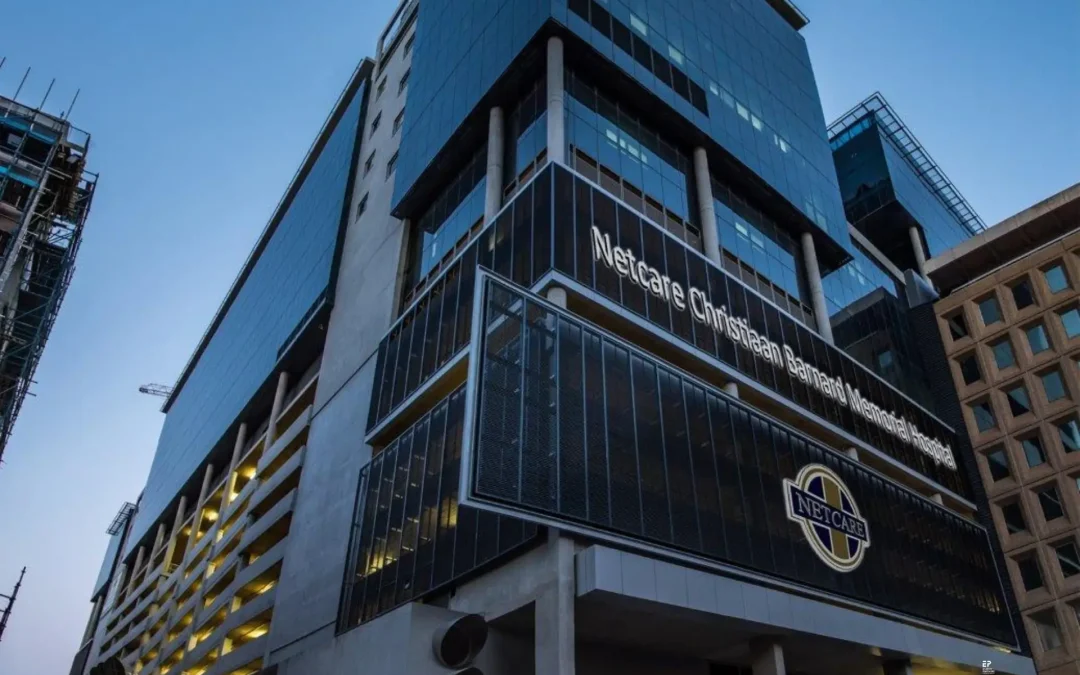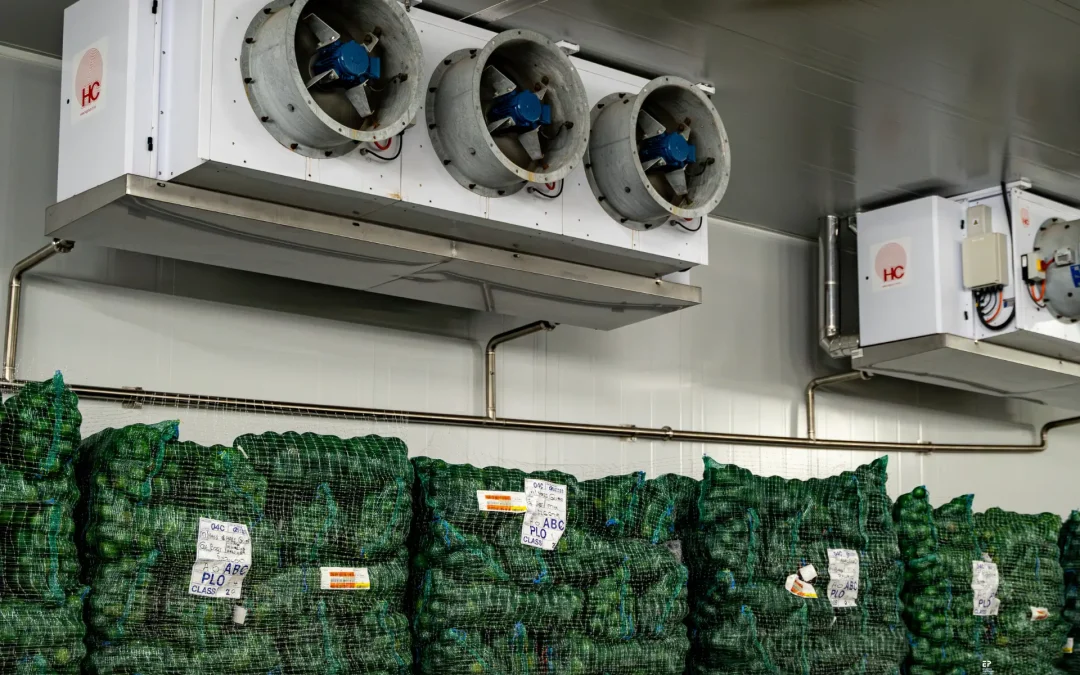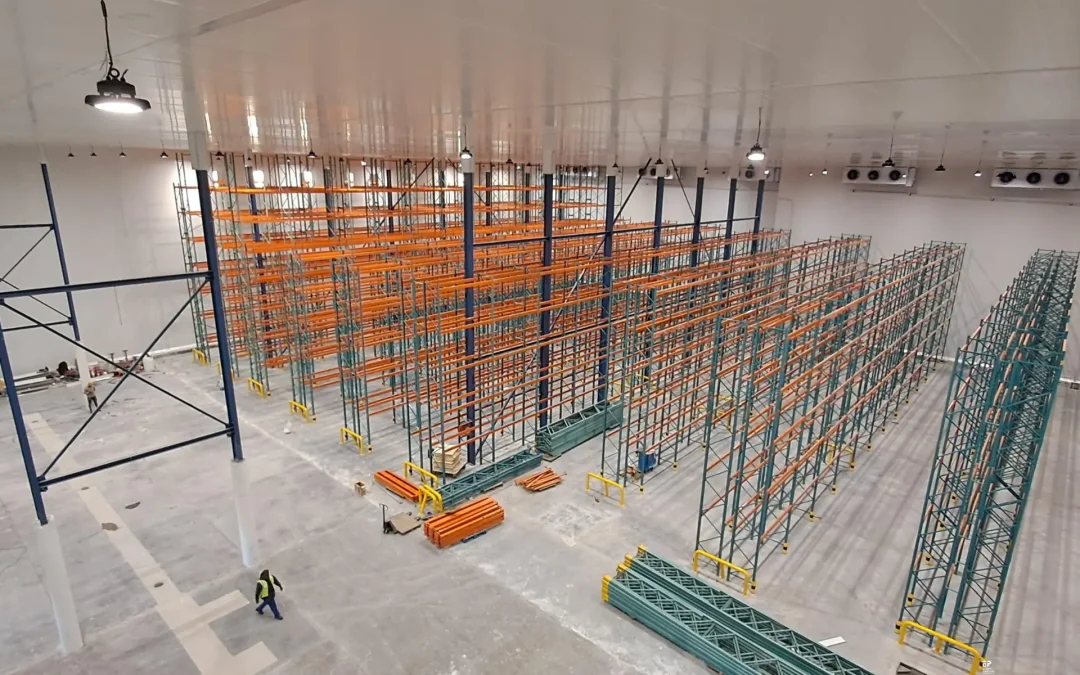In 2013, Netcare set a goal to reduce its carbon-based energy intensity by 24 percent in 10 years. It was a target met – and exceeded – well ahead of schedule, impacting both the group’s carbon footprint and bottom line. How did they do it?
When it comes to moving the needle on sustainability, Netcare Ltd, one of South Africa’s leading private healthcare providers, understands that actions speak louder than words, with the company investing more than R624 million in environmental sustainability projects over the past decade.
The company’s industry-leading Sustainability Programme, incepted in 2013 and enabled by integrated energy solutions partner, Energy Partners (EP), has not only significantly reduced Netcare’s carbon footprint, it has also positively impacted their bottom line, dispelling the notion that profit and the planet are mutually exclusive objectives.
Step by step, a solid foundation
Pivotal to the success of the programme is the strategic partnership with EP, a collaboration that has facilitated the achievement of key sustainability goals.
Chief among these is the reduction of carbon-based energy intensity. Notably, out of the 255 environmental sustainability projects initiated by Netcare since 2013, more than 70 percent have been focused on enhancing energy efficiency.
Initially targeting a 22-25 percent reduction in energy intensity by 2023, with a broader target of 30 percent, EP’s first step was to conduct energy audits, followed by mapping the energy use balance and data analysis, and laying the foundation for a tailored energy optimisation plan focused on four key areas:
- Harnessing heating, ventilation and air-conditioning (HVAC) costs. HVAC is Netcare’s primary driver of electricity consumption, accounting for almost half of the electricity consumed in their hospitals. EP addressed the challenge by utilising waste heat for zone heating and hot water generation, optimising the use of every kilowatt hour demanded by the system.
- Making the switch to energy-efficient lighting systems, which saw 140,000 lights across all facilities being replaced with energy-efficient alternatives. EP recommended the switch and subsequently oversaw its implementation, a project that, at the time, was the largest of its kind in South Africa.
- Integrating renewable energy, via the installation of onsite solar PV systems.
- Streamlining water heating systems, which make up around nine percent of Netcare’s energy consumption, and were subsequently optimised.
The plan produced remarkable results. By 2023, an entire year ahead of schedule, Netcare exceeded not just their target, but their stretch target as well, reducing energy consumption by 39 percent.
Nurturing planet and profit
The impact on Netcare’s financial performance has been substantial. By mitigating the impact of electricity tariffs, the company’s Chief Executive Officer, Richard Friedland, noted that they have saved approximately R258 million for FY23 as a direct result of the efficiency drive.
Mila Vicquery, General Manager at EP, Intelligence, says, “Netcare understood early on that business doesn’t need to choose sustainability over profitability.” She notes that the key factors driving the group’s Sustainability Programme’s success are its robust project approval process and reliable, data-driven energy management.
“For ten years, EP has been able to track performance across Netcare facilities through our proprietary utility management system, recently digitised to the GLO Sustainability platform,” Vicquery confirms.
“We monitor more than 90 percent of their energy and water consumption through more than 900 meters across 114 sites. This coverage gives us more than 12,000 data points to track so that we’re able to evaluate real-time consumption of each energy asset and identify opportunities for improvement.”
Embracing the 4IR
Indeed, Netcare’s embrace of the technology advanced by the Fourth Industrial Revolution – among them big data, machine learning and predictive AI – has been pivotal to their sprint to carbon-based energy efficiency.
But it doesn’t end here, says Vicquery. “Our relationship with Netcare is one of continuous improvement, assessment and reassessment, deploying the very latest technology to advise and guide them towards the best possible return on investment, and to maximise the life cycle of their infrastructure.”
As Vicquery concludes, “The success so far is testament to what can be achieved when a business embraces sustainability – not just as the right thing to do, but also as an intelligent strategy that builds resilience and efficiency into operations.”





